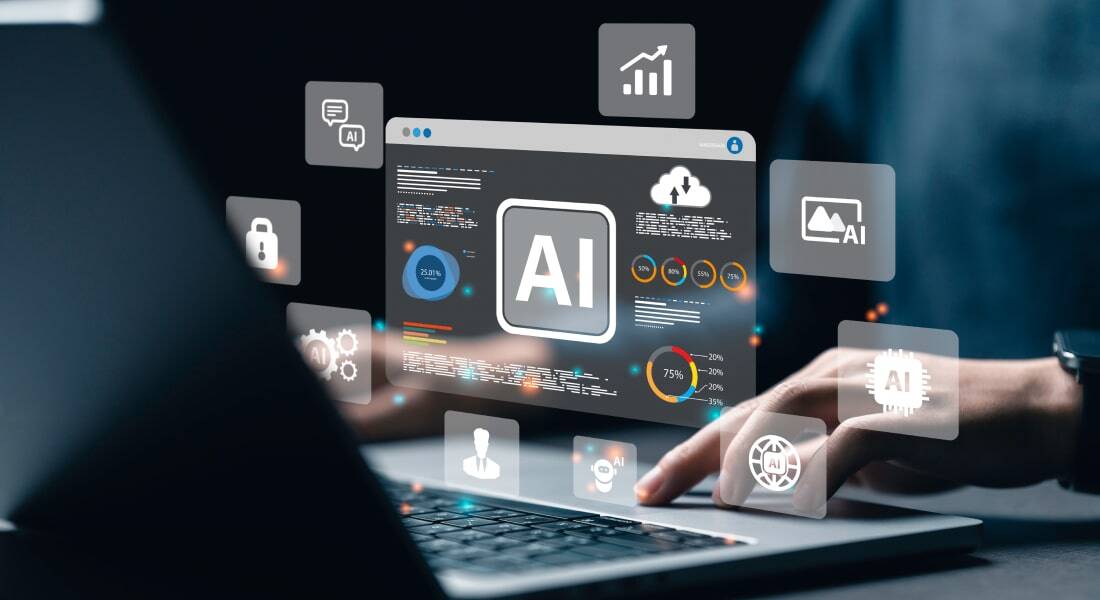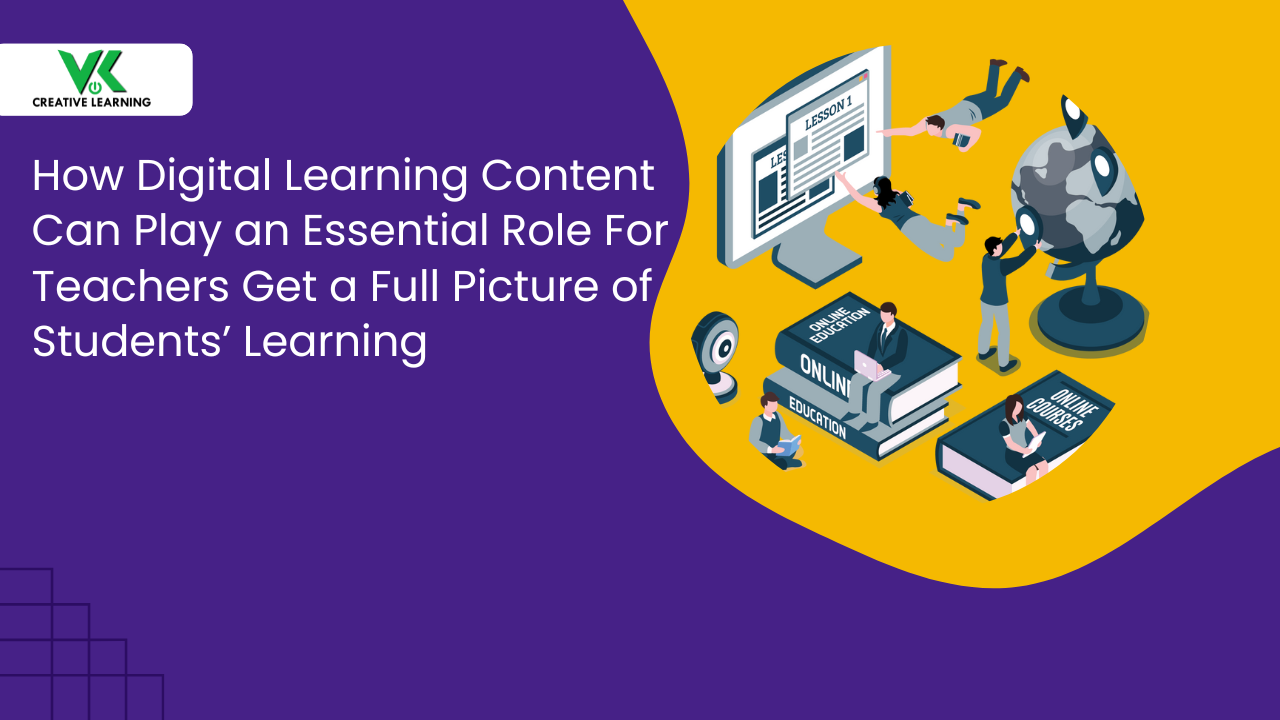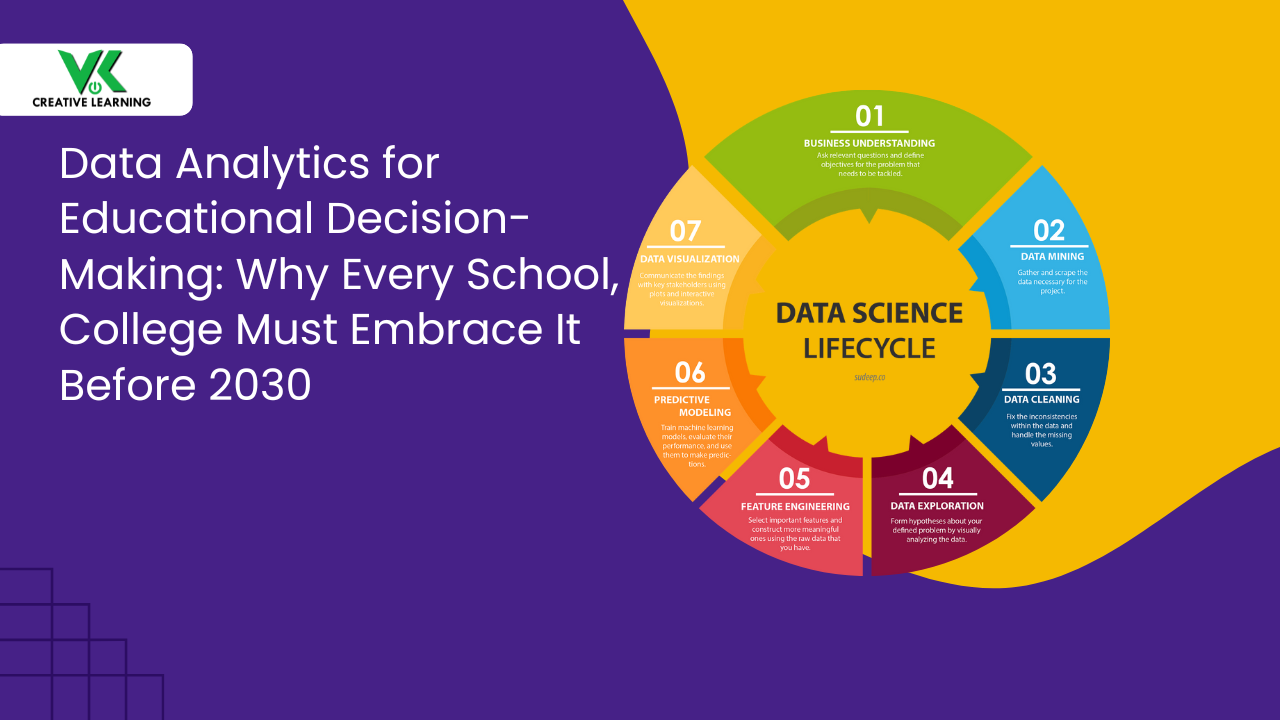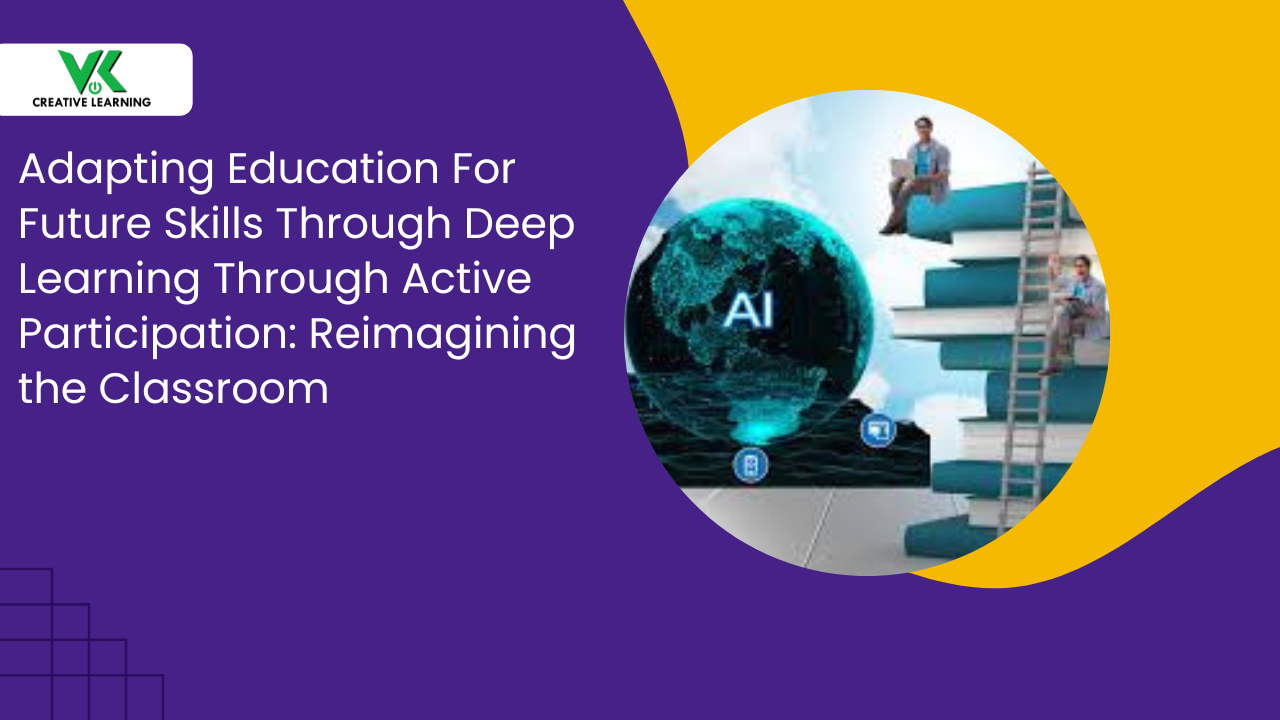Guide to eLearning Content Development from eLearning Providers’ Perspective
February 17, 2023
Now more than ever, you as an organization have the opportunity to reach your goals faster and easier by training your workforce through eLearning solutions. You may be wondering how and why eLearning solutions. With respect to the same, this blog will serve as a guide to make you understand various facets about eLearning Content Development from eLearning providers’ perspective.
You'll learn practical ideas on captivating the attention of your audience; improving the quality of your output, and ultimately getting the most out of your eLearning content development. With expert advice and other helpful solutions included throughout this guide, you’ll be able to effectively manage and deliver your eLearning content development journey - from start to finish.
This guide to eLearning Content Development entails:
- Definition of eLearning Content development and what makes it so special?
- Conceptualization of various phases of eLearning content development
- Exploring ideas freely
- Storyboarding
- Developing prototypes
- Designing engaging modules
- Setting up feedback process through iteration technique
- Evaluating different learners' requirements
What is eLearning Content development and what’s so special about it?
Content development for eLearning involves the creation of engaging content intended to educate various types of audiences such as professionals or students. It provides a wide range of benefits, such as increased engagement, reach, and value for learners and managers (in the case of corporate) or teachers (in the case of eLearning for schools). By incorporating various experts' advice as well as certain engrossing elements in your learning template design, you'll be able to achieve better results and keep your learners focused on your message.
As aforementioned, you can take the assistance of eLearning content development companies that allow you to improve the quality of your eLearning content development output. They utilize expert research resources in a user-friendly Learning Management System (abbreviated as LMS) with diverse eLearning templates; thereby enabling the creation of custom-made learning courses. The best part is, the content is adeptly designed to grasp the attention of your audiences and ensure their learning is smooth-flowing and optimum. These initiatives also ensure that your learners get all they can out of every eLearning unit; thus, significantly enhancing their ability to reap the maximum benefits from the eLearning course materials - now and in the future.
eLearning development conceptualization process
eLearning development companies consider a plethora of unique and learner-centric approaches when conceptualizing eLearning solutions - something you can even use during your own eLearning content development. Firstly, they are cognizant of the fact that they need to explore all ideas freely provided by you; thereby, creating an open environment for collaborative conversation to ensure all stakeholders understand the vision for the project. This initial phase enables them to quickly identify the content needs; its presentation; complexity level; matching of client expectations, and which technological innovations will aptly serve the purpose.
Secondly, storyboarding is integral in this process as it acts as a blueprint of the overall design of the eLearning course; allowing the developer and you to comprehend both visuals and textual aspects necessary for the end product. It also allows you to envision how learners will progress through the courses; further, enabling easy and smooth modifications if needed before continuing on to setting out layouts and sample content - that too without getting caught up in styling.
Finally, once the idea exploration and storyboarding phases have been concluded, eLearning developers can then develop prototypes that clearly represent each element of the design. Specifically, it entails experimenting with different colors and fonts, followed by the integration of images and videos based on the decided structure step by step. Further by taking into account different elements such as learning objectives, navigation paths, user experience and interactions, and many more details, developers can truly create a customized and effective eLearning solution for you.
How do eLearning development companies make their modules engaging?
eLearning development companies are faced with the tough challenges of ensuring their modules are engaging, stimulating and interesting enough to make learners want to continue learning from them in the future. Thus, they employ an array of ground-breaking techniques and tools in an eLearning LMS to render absorptive learning experiences for the learners.
Additionally, a broad range of options, featuring advanced video production; interactive features such as quizzes or drag-and-drop activities; virtual reality simulations, and gamified approaches are incorporated within the eLearning courseware. By taking these steps, eLearning developers strive to make learning more exciting, entertaining, and memorable for their students, encouraging greater engagement and knowledge retention. Additionally, some companies use sophisticated analytics software to track learner behavior throughout the module and then tweak aspects accordingly to ensure the greatest level of user satisfaction and success.
The essence of feedback in eLearning content development
Feedback from clients plays an invaluable role in the development of eLearning solutions for eLearning content providers. By providing constructive and unbiased feedback, clients can help improve the overall quality of the learning materials produced. For instance, if you want an eLearning development company to create appealing content for your learners, then you can share your experience, knowledge, and valuable insights on how to optimize course design and structure. This would allow the SME to accordingly fine-tune courses to meet specific learner needs. Thus by instituting a regular feedback process, those responsible for creating eLearning solutions can ensure that their offerings are meeting all your expectations.
Role of iteration in feedback processes
Achieving success is not something that happens overnight when developing an effective eLearning solution. It requires multiple iterations, testing, and adaptation based on the client’s feedback. By taking a phased approach to development and integrating feedback at each step of the way, eLearning content providers can create powerful solutions that deliver results.
Why and how eLearning content providers evaluate different learners' requirements?
eLearning content providers evaluate different learners' requirements before designing an eLearning solution to ensure that your solutions meet the needs of every individual; note that here different audiences refer to corporate professionals and school children. Furthermore by utilizing analytics and user feedback features in eLearning solutions, you can gain insight into what specific features and capabilities will best suit various groups of users and communicate it to the eLearning creator - this can include everything from platform-specific functionality to multimedia elements.
The eLearning content vendors also take into account learners’ preferences in terms of style and length of course material - of course after a consultation with you. For example, if professionals in your firm prefer shorter modules over longer ones, then the provider will structure the content accordingly. Furthermore, some learners may require more complex or technical topics than others; content providers will be willing to accommodate these requests as well.
In addition to considering user needs, eLearning content producers carefully craft their courses to foster engagement and learning outcomes. Wondering how? This is accomplished by creating each lesson in different languages for its intended audience with engaging visuals and audio, interactive activities to reinforce concepts, and any other elements - all aspects that might make it easier for learners to grasp the subject matter. To do this effectively, providers stay up-to-date on the latest technological trends such as AI-powered adaptive learning systems. These tools allow them to tailor content according to each learner's particular skill level while providing personalized guidance and feedback.
Conclusion
Utilizing external eLearning consultants allows organizations to benefit from years of professional expertise while continuing to build upon their own capabilities.
Professional eLearning development services such as VK Creative Learning (also known as VKCL), with more than a decade of experience, offer expertise in building any form of eLearning solutions to match your learners’ requirements.



